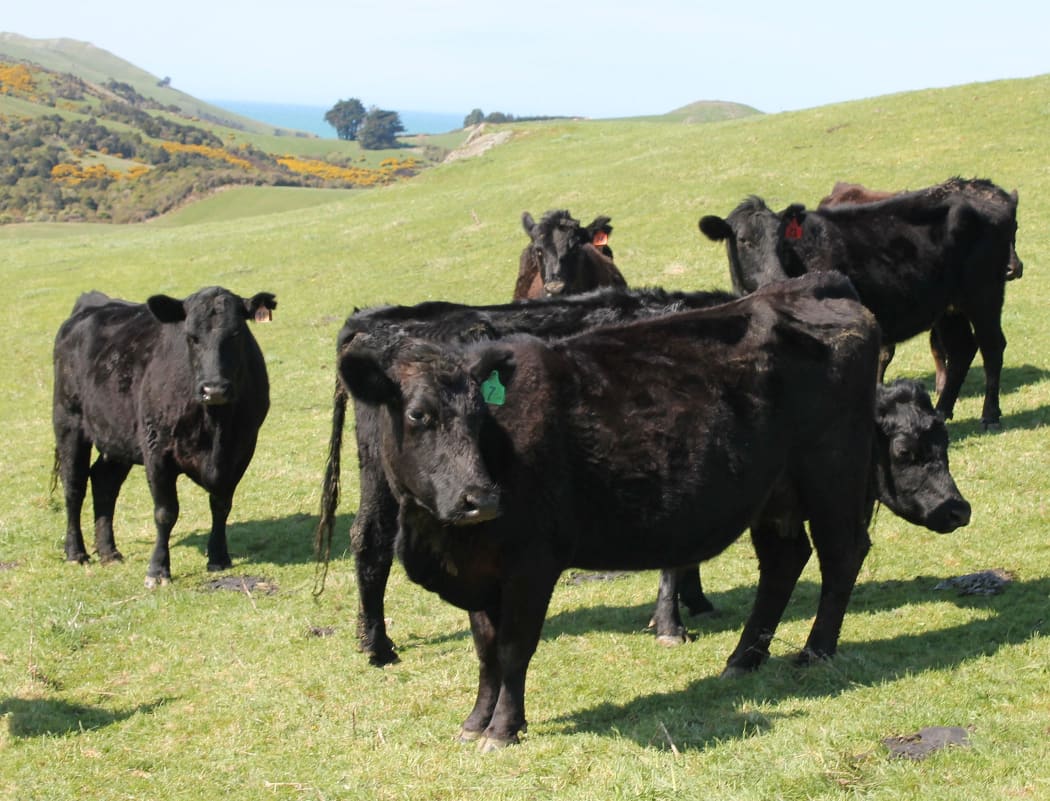The transmission of diseases passed between animals and humans is the focus of research to be carried out by Otago University.

The research will collect samples from humans and dairy cattle. Photo: RNZ / Cosmo Kentish-Barnes
Known as Zoonotic disease transmission, around 60 percent of micro-organisms causing human diseases are passed that way.
The research led by Dr Pippa Scott will concentrate on two diseases, Escherichia coli, a particularly nasty bug that causes severe diarrhoea, and Staphylococcus aureus, a skin and blood infection.
"The ecoli, that particular strand, is very common and most common in dairy farming communities, that is where you see a lot of the most cases, places such as South Canterbury, Taranaki and so on.
"The staph, (Staphylococcus) is actually very wide spread both in humans and in animals, a lot of people have it without knowing it and most humans catch that from other humans, but it has been observed that for the antibiotic resistant streams can move from animal populations to human populations and that can limit treatment options in humans and we'd like to prevent that if we can."
Dr Scott said her research would take three years.
"A big part of it will be collecting data in the field, so that will be going to a farming community and collecting samples both from the noses of humans and from the skin and so on of dairy cattle, we will also be collecting from humans, in that some information on how they come into contact with other people and how they come into contact with animals.
"So how frequently they feed calves, or how frequently they come into contact with dairy cows, but we'll also be creating a computer simulation on how these bugs are transmitted in the community, and then from this we will be able to test the effect of some interventions and see whether the interventions work."

